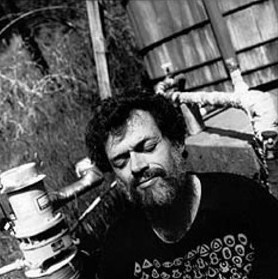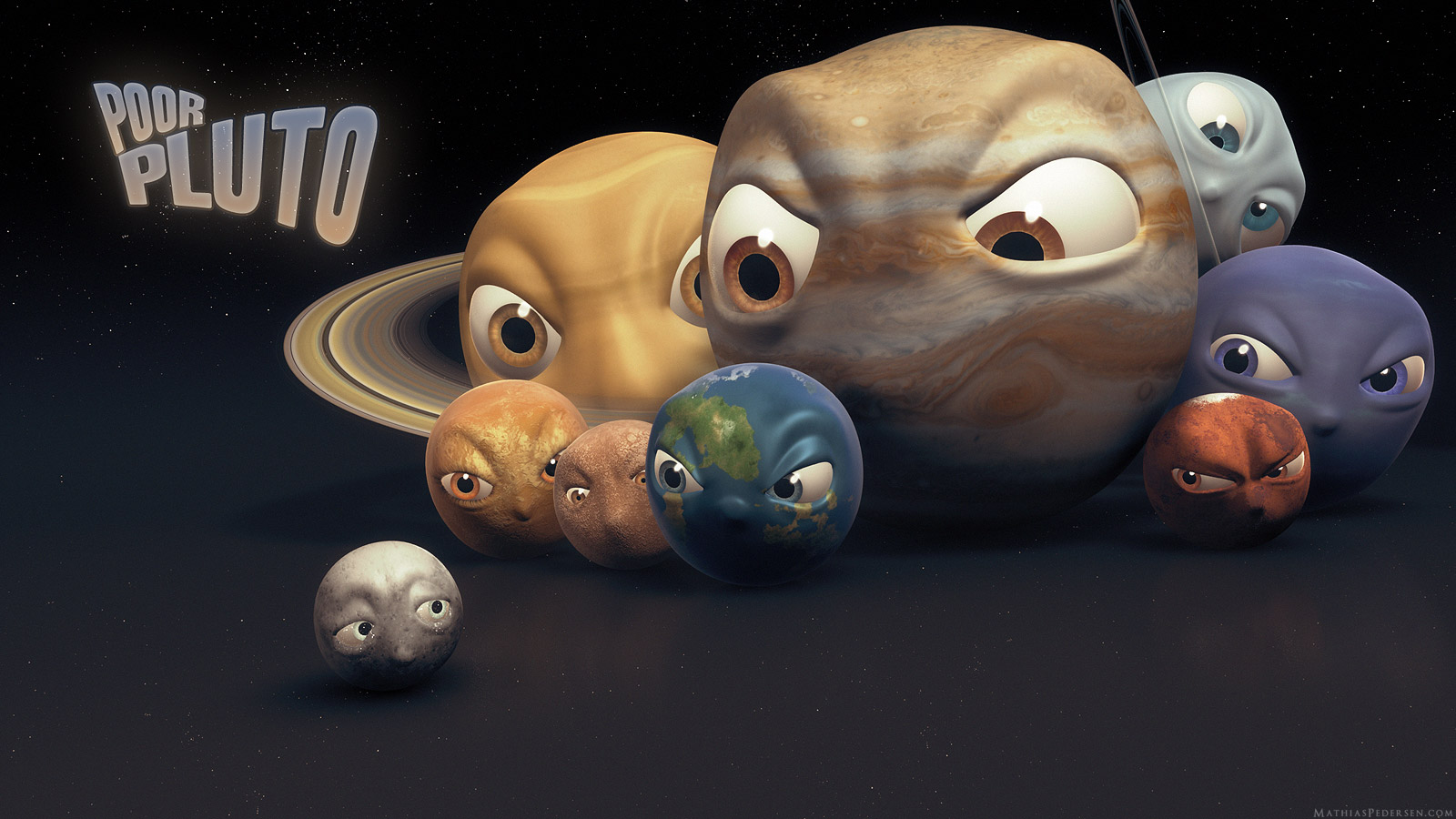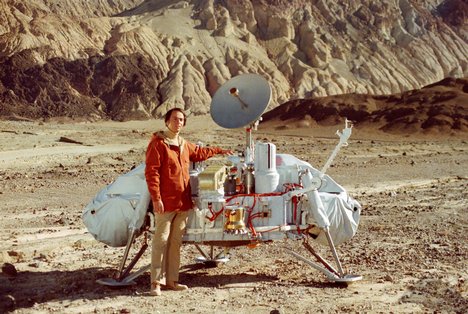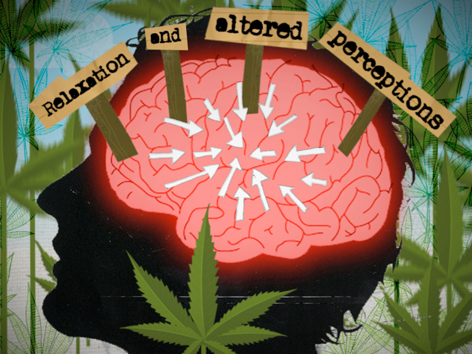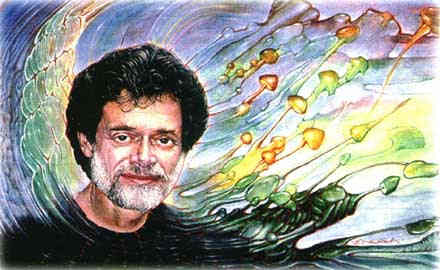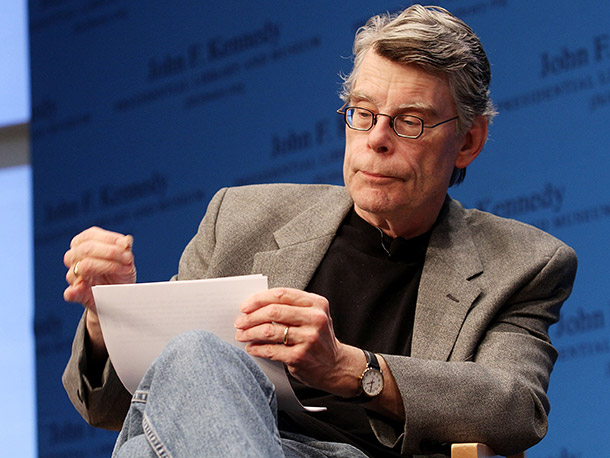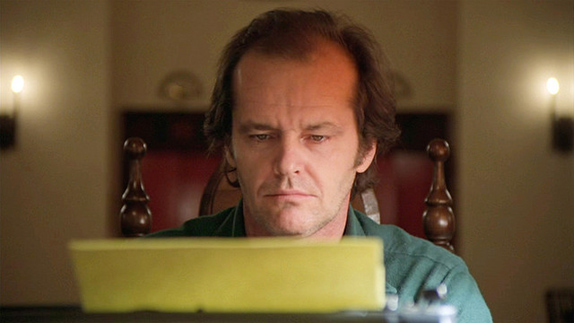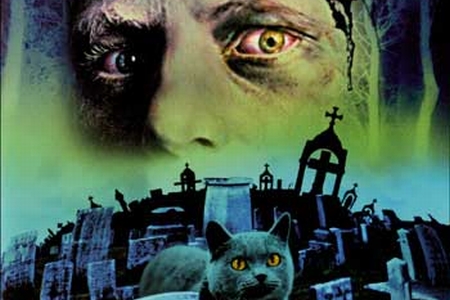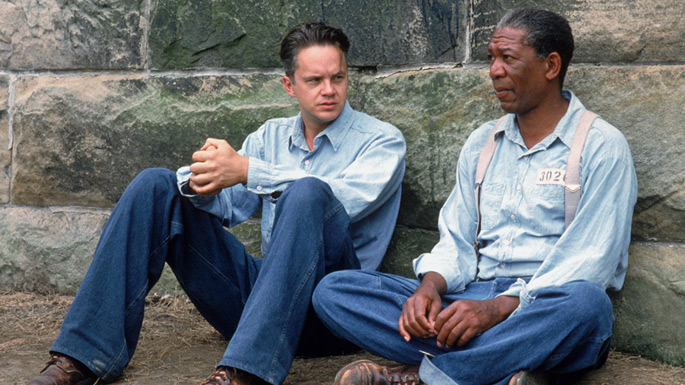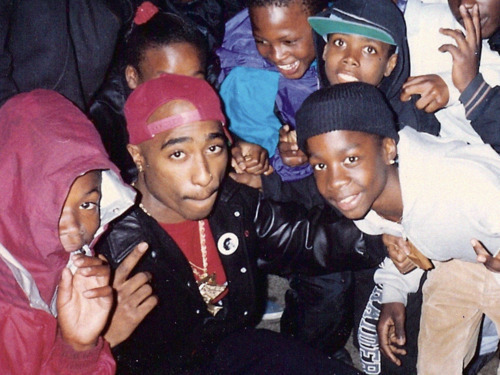Terence Mckenna – DMT Revelations, Usage and Experiences
Terence McKenna describes a method to getting the most out of your DMT experience along with an anecdotal composite of over 40 of his DMT trips.
Terence Mckenna – DMT Hypothesis
Okay hypothesis one, DMT is not a drug, it is an extraterrestrial communication device. These are creatures somewhere in the universe who are so different from us that they come to us not in starships the size of Manhattan but in drug molecules that are dinky. So we are in contact here with some kind of extraterrestrial technology and these are true aliens of some sort. And God knows the weirdness of the situation supports the hypothesis.
Okay second hypothesis. There is a parallel universe, unsuspected by most human beings. It’s right here, all the time. It’s inhabited. These things have their own hopes, fears, problems, so forth. And somehow this drug just erases this boundary and then you find yourself in the elf nest.
Next hypothesis. These things, because they have great affection for me, because they seem intent on the task of communicating, perhaps they are human beings from the distant future. Perhaps this is what we are fated to become. You know, there’s always, since we were kids, the cliché ‘beings of pure energy’. Well it’s always been a little hard to wrap your mind around what that would look like, but, low and behold here appear to be creatures of pure energy. But there are a lot of problems with hypothesizing a future human technological breakthrough which would allow them to actually manipulate the past. Logical paradoxes and that sort of thing.
Well so then here’s another possibility. They are human beings. But they are not in the future in the ordinary sense or in the past. They are in the pre-natal and post-life phase. In other words these are either the unborn waiting in some limbo like dimension to descend into matter. Or they are in fact people who have had a sojourn in the domain of organic existence, and now have moved on. Let me not kid you, we’re talking about dead people here in that case. Well if you go to the shamans who access these places through Ayahuasca or the Virola snuffs or something like that. They will say ‘Well these are our ancestors. Didn’t you read Mircea Eliade. Don’t you know that shamanism works through ancestor magic?’ Well “ancestor” is a tremendously sanitized term for “dead people”. And if what is actually happening here, is that the much argued about soul is actually made visible by this pharmacological strategy… I mean god knows why, but god knows why anything else is the way it is…. Then this is truly big new. This is the confounding of rationalism. If what is happening is that by pushing the frontiers of pharmacology we discover a way to even momentarily and temporarily erase the boundary between the living and the dead, then this is a 180 degree turn on the evolution of culture that not even the most technically infatuated among us are prepared to assimilate. And over time, I’ve sort of come to incline to the idea that this is what is in fact going on. And the reason it’s so hard to bring anything out of the DMT flash is because at the center of the flash you find out something so unexpected, so appalling, and so existentially convincing in the moment of confronting it, that you simply immediately block it out and obliterate it.
Terence McKenna – DMT Vs. 5-MEO-DMT
This clip is taken from a talk titled “The Ethnobotany of Shamanism -Part 5” Podcast 191. In this clip Terence gives us his take on the difference between 5-MeO-DMT and nnDMT and his preference for nnDMT.
Some people do not prefer 5-MeO-DMT, I imagine this has to do with the ego death aspect of it…but the potential of both in a spiritual symbiosis may be exactly what the shaman ordered.
From Terence Mckenna Food of The Gods
“The DMT Experience”

What can be said of DMT as an experience and in relation to our own spiritual emptiness? Does it offer us answers? Do the short-acting tryptamines offer an analogy to the ecstasy of the partnership society before Eden became a memory? And if they do, then what can we say about it?
What has impressed me repeatedly during my many glimpses into the world of the hallucinogenic indoles, and what seems generally to have escaped comment, is the transformation of narrative and language. The experience that engulfs one’s entire being as one slips beneath the surface of the DMT ecstasy feels like the penetration of a membrane. The mind and the self literally unfold before one’s eyes. There is a sense that one is made new, yet unchanged, as if one were made of gold and had just been recast in the furnace of one’s birth. Breathing is normal, heartbeat steady, the mind clear and observing. But what of the world? What of incoming sensory data?
Under the influence of DMT, the world becomes an Arabian labyrinth, a palace, a more than possible Martian jewel, vast with motifs that flood the gaping mind with complex and wordless awe. Color and the sense of a reality-unlocking secret nearby pervade the experience. There is a sense of other times, and of one’s own infancy, and of wonder, wonder and more wonder. It is an audience with the alien nuncio. In the midst of this experience, apparently at the end of human history, guarding gates that seem surely to open on the howling maelstrom of the unspeakable emptiness between the stars, is the Aeon.
The Aeon, as Heraclitus presciently observed, is a child at play with colored balls. Many diminutive beings are present there — the tykes, the self-transforming machine elves of hyperspace. Are they the children destined to be father to the man? One has the impression of entering into an ecology of souls that lies beyond the portals of what we naively call death. I do not know. Are they the synesthetic embodiment of ourselves as the Other, or of the Other as ourselves? Are they the elves lost to us since the fading of the magic light of childhood? Here is a tremendum barely to be told, an epiphany beyond our wildest dreams. Here is the realm of that which is stranger than we can suppose. Here is the mystery, alive, unscathed, still as new for us as when our ancestors lived it fifteen thousand summers ago. The tryptamine entities offer the gift of new language, they sing in pearly voices that rain down as colored petals and flow through the air like hot metal to become toys and such gifts as gods would give their children. The sense of emotional connection is terrifying and intense. The Mysteries revealed are real and if ever fully told will leave no stone upon another in the small world we have gone so ill in.
This is not the mercurial world of the UFO, to be invoked from lonely hilltops; this is not the siren song of lost Atlantis wailing through the trailer courts of crack-crazed America. DMT is not one of our irrational illusions. What we experience in the presence of DMT is real news. It is a nearby dimension — frightening, transformative, and beyond our powers to imagine, and yet to be explored in the usual way. We must send fearless experts, whatever that may come to mean, to explore and to report on what they find.

